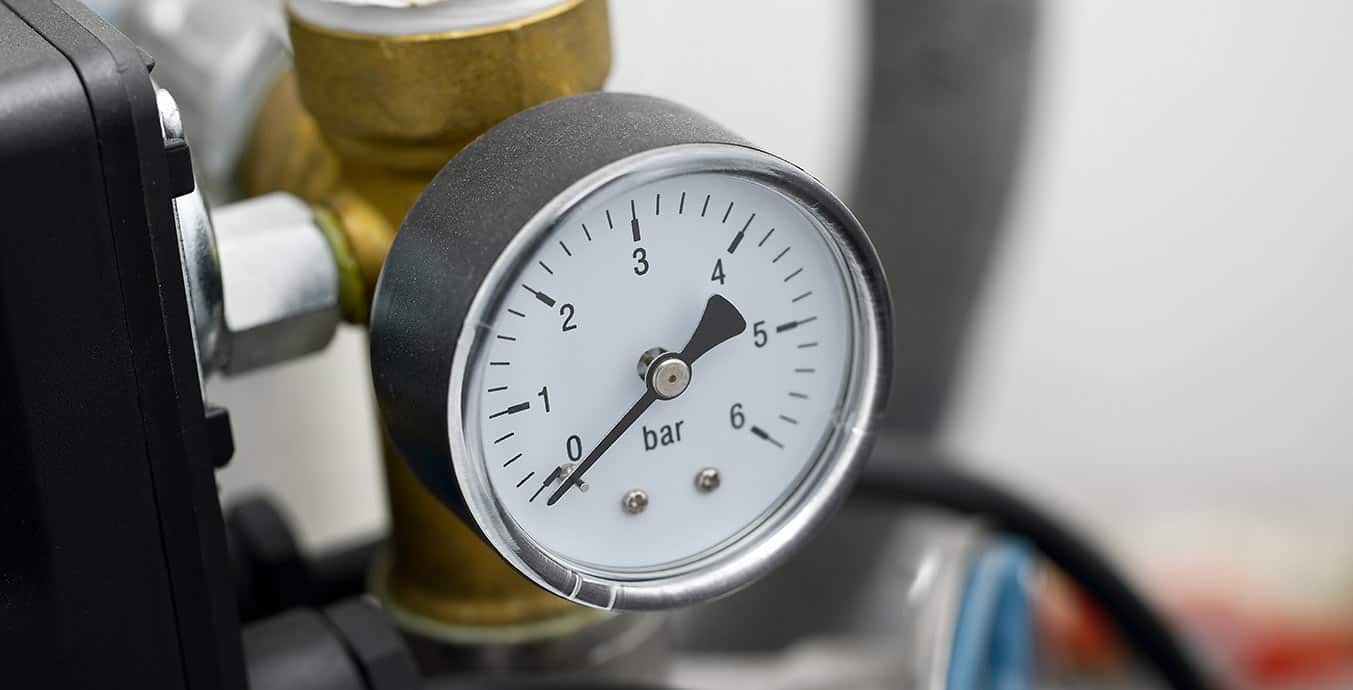
Just like vehicles need a specific grade and type of oil to achieve optimum performance, so does equipment such as air compressors. Employing the correct oil for your compressor can benefit your equipment in several ways, including decreasing how much friction is created between motor components, reducing energy consumption and extending the lifespan of the compressor.
In this blog, we will examine why air compressor oil is unique and what type of liquid lubricant is the best product for an application.
Defining air compressor oil
A specialised lubricant, air compressor oil is used to mitigate premature wear and damage in air compressors. There are two different types of compressor oil, synthetic and natural. However, compressor oils offered also vary in terms of their viscosity and the additive packages they contain. This type of oil is significantly different from motor oil as it has less carbon and sulphur and contains no detergent.
Properties of compressor oil
While compressor oils lubricate the innerworkings of compressors, they also deliver many other benefits to equipment and its use. These include the following:
Heat absorption
Compressor oil absorbs heat that is produced from compressed air, helping to keep the compressor at much cooler operating temperatures.
Oxidation resistance
Compressor oil typically contains additives that can slow acid formation and the oxidation process.
Extended lifespan
Additive packages included in air compressor oil during formulation also increase the specialised lubricant’s active service life, help it become compatible with a broad range of conditions and protect components when they are on standby.
Viscosity at cold temperatures
While some oils will fail to perform once the temperature falls, air compressor oils maintain their viscosity even in cold conditions.
Demulsification
Compressor oils also contain additives engineered to enhance water separability, which can protect a working compressor from oil and water emulsions.
Anti-foaming capability
When large air bubbles rise to the surface of an oil, a foam develops. Unfortunately, this increases oxidation as it exposes more of the surface of the oil to oxygen. If no anti-foaming additives are included, oil separators are saturated by this foam, decreasing an air compressor’s lifespan. The reason for this is because oil separators that become saturated cause a drop in pressure, which leads to increased energy consumption.
Selecting the right oil type for a compressor
As we touched upon earlier, the two most basic types of compressor oil are synthetic and standard. Users will find that each one of these options has distinctive attributes.
Standard air compressor oils are made with a mineral base oil. This type of oil is less expensive than a synthetic oil and is recommended for use by homeowners or operations where compressors do not have to work constantly. As a rule, it can also be a suitable choice in compressors that must only handle light to medium duty work.
Synthetic compressor oils are manufactured with a synthetic base. Synthetic oil undergoes considerable processing, making it a more refined product than standard air compressor oil. If you run a professional operation that uses a compressor at a minimum of three times each week, a synthetic air compressor oil is the best option to select. Synthetic oil will enable your compressor to operate more smoothly with reduced noise. Additionally, it will protect the compressor from overheating. The reason for this benefit is that synthetic oils have a much wider temperature range overall.
Although rotary and reciprocating screw models can operate with a wide selection of oil products, original equipment manufacturers (OEMs) often recommend that users employ synthetic oils as these types of oils have no sulphur or harmful additives that can result in unwanted deposits building up on compressor valves.
What are the main advantages of using a synthetic oil for a rotary screw air compressor?
Synthetic oil has multiple benefits if you are using a rotary screw air compressor. These are as follows:
Extended lifespan – Using a synthetic oil can lengthen a rotary screw air compressor’s active service life by as much as 8,000 hours.
Cooler temperatures – Synthetic oils remain cooler while compressors operate and produce lower temperature air discharge.
Fewer deposits – A synthetic oil can also greatly reduce deposits like sludge and varnish formation that can cause premature wear and harm an air compressor’s performance.
Lower oil consumption – As a rule, synthetic oils are consumed at a far slower rate, resulting in longer oil change intervals.
How can synthetic oil help reciprocating air compressor performance?
Reciprocating air compressors can also access many benefits from the use of synthetic oil, such as:
Extended component lifetime: Synthetic oils can help stop piston rings and packings from premature wearing.
Safer operation – Synthetic oils possess much higher flashpoints and auto-ignition temperatures, making them safer for operators.
Low carbon accumulation – A synthetic oil can reduce how much carbon builds up on the valves and can substantially decrease feed rates.
Always select the compressor oil recommended by the manufacturer of your air compressor.








































